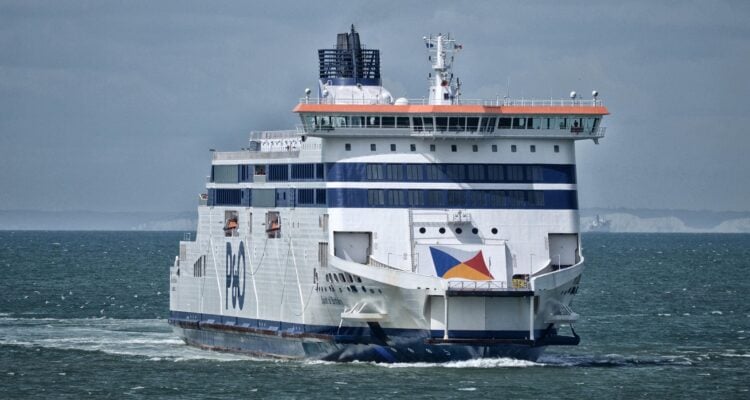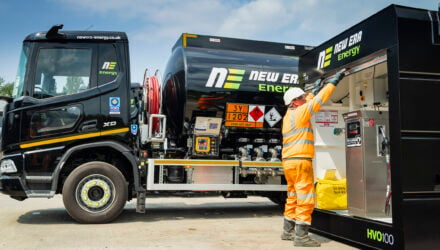The Windsor Framework is a post-Brexit agreement between the United Kingdom (UK) and the European Union (EU), established to address the practical challenges faced by citizens and businesses in Northern Ireland. It aims to provide lasting certainty and predictability by adjusting the operation of the Northern Ireland Protocol. The framework introduces simplified processes for the movement of goods between Great Britain and Northern Ireland, intending to restore the smooth flow of trade within the UK internal market and safeguard Northern Ireland’s place in the Union.
Key Components of the Windsor Framework
- Green and Red Lanes: The framework introduces a system where goods destined solely for Northern Ireland use a ‘green lane’ with minimal checks, while goods at risk of entering the EU single market use a ‘red lane’ with standard checks.
- Regulatory Alignment: Northern Ireland remains aligned with certain EU regulations to prevent a hard border on the island of Ireland, ensuring the free flow of goods across the Irish border.
- Stormont Brake: This mechanism allows the Northern Ireland Assembly to object to new EU regulations that would apply to Northern Ireland, providing a measure of democratic oversight.
- Customs and VAT Adjustments: The framework allows the UK to apply certain VAT and excise changes in Northern Ireland, ensuring parity with the rest of the UK.
Despite the framework’s intentions, several challenges have emerged that impede optimal trade between Great Britain and Northern Ireland.
A significant issue is the lack of awareness among GB businesses regarding the requirements under the Windsor Framework. Nichola Mallon, Head of Trade and Devolved Policy at Logistics UK, said: “The consensus within our membership is that the Windsor Framework was to some extent oversold and created a misperception that all of the challenges under the Northern Ireland Protocol have been removed.
“This has created two effects: a lack of awareness, particularly among GB businesses, of the requirements that must be met under the Windsor Framework and, to some degree, a reluctance among some GB-based businesses to trade into Northern Ireland because of the administrative and cost impacts of meeting all of the necessary requirements.”
Ms Mallon also highlighted the changes that are being introduced from 31 March regarding the movement of parcels from GB to NI and called for a greater awareness campaign in the remaining weeks: “There are significant new processes that will be required if you’re moving parcels, particularly business to business parcels, and the HMRC has improved their communications of late, but there is a need for a much greater awareness campaign in the last remaining number of weeks to raise awareness and help with preparedness.
“With the rise in e-commerce, almost every household and business in NI relies, one way or another, on parcels. It is essential that businesses are supported to adapt to these significant changes to ensure the smooth flow of trade.
“Groupage operators and the Pallet Networks are key to the GB to NI supply chain and these businesses are facing particular cost and administrative pressures under the Windsor Framework. Logistics UK will continue to make the case for a Trusted Haulier Scheme to support this sector upon which so many sole traders and SMEs rely.”
Effective from 31 March 2025, new processes will be required for moving parcels, especially business-to-business parcels, from GB to NI. While HMRC has improved communications, there is a pressing need for a comprehensive awareness campaign to ensure businesses are prepared for these significant changes
Groupage operators and pallet networks, crucial to the GB-NI supply chain, are experiencing increased administrative pressures and costs under the Windsor Framework. These entities, upon which many sole traders and SMEs rely, face challenges that could disrupt the flow of goods if not adequately addressed.
The Windsor Framework represents a pivotal step in redefining the trade relationship between Great Britain and Northern Ireland post-Brexit. However, to fully realize its potential, it is imperative to address the existing challenges through concerted efforts involving awareness, simplification, support, and engagement. By doing so, we can ensure a seamless and prosperous trading environment that benefits businesses and consumers alike.








